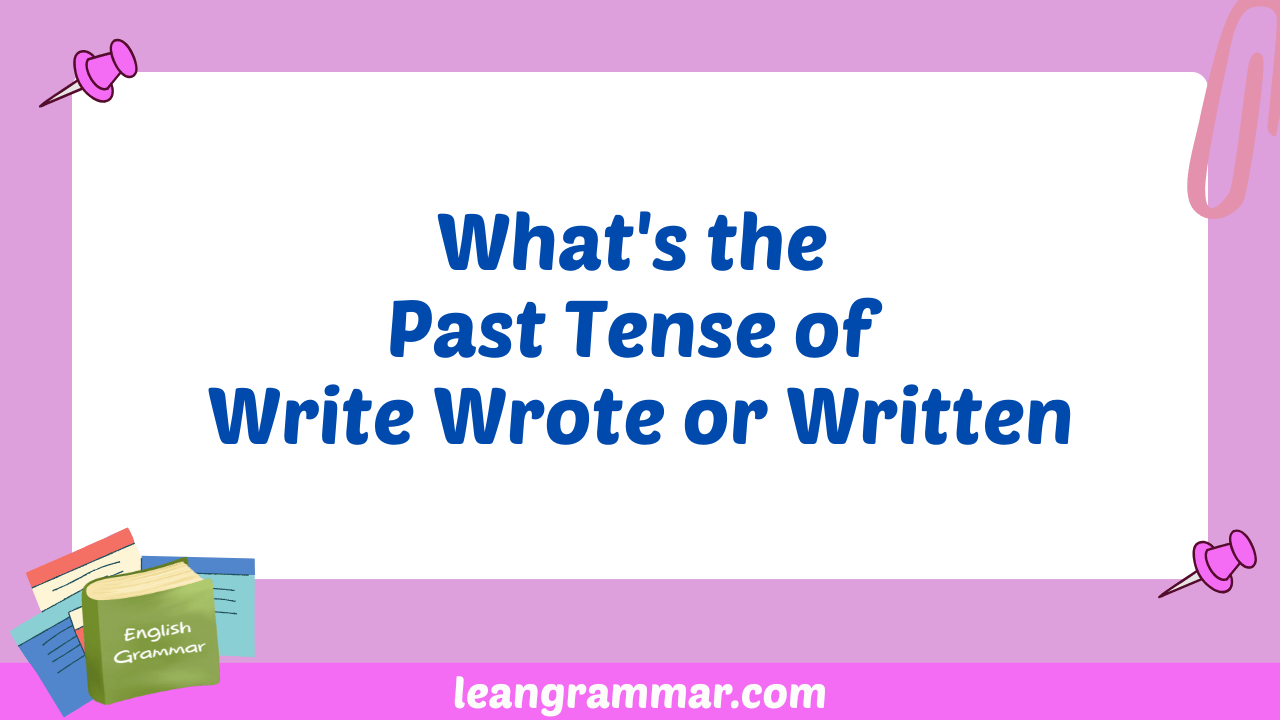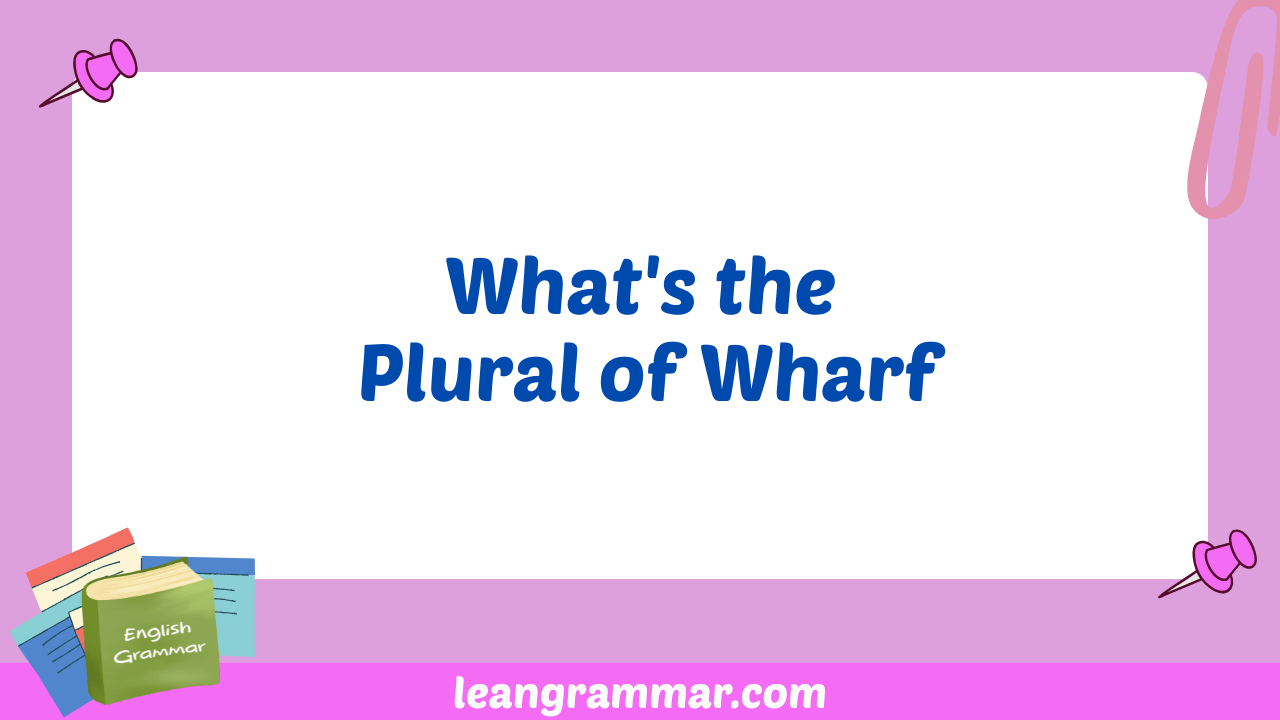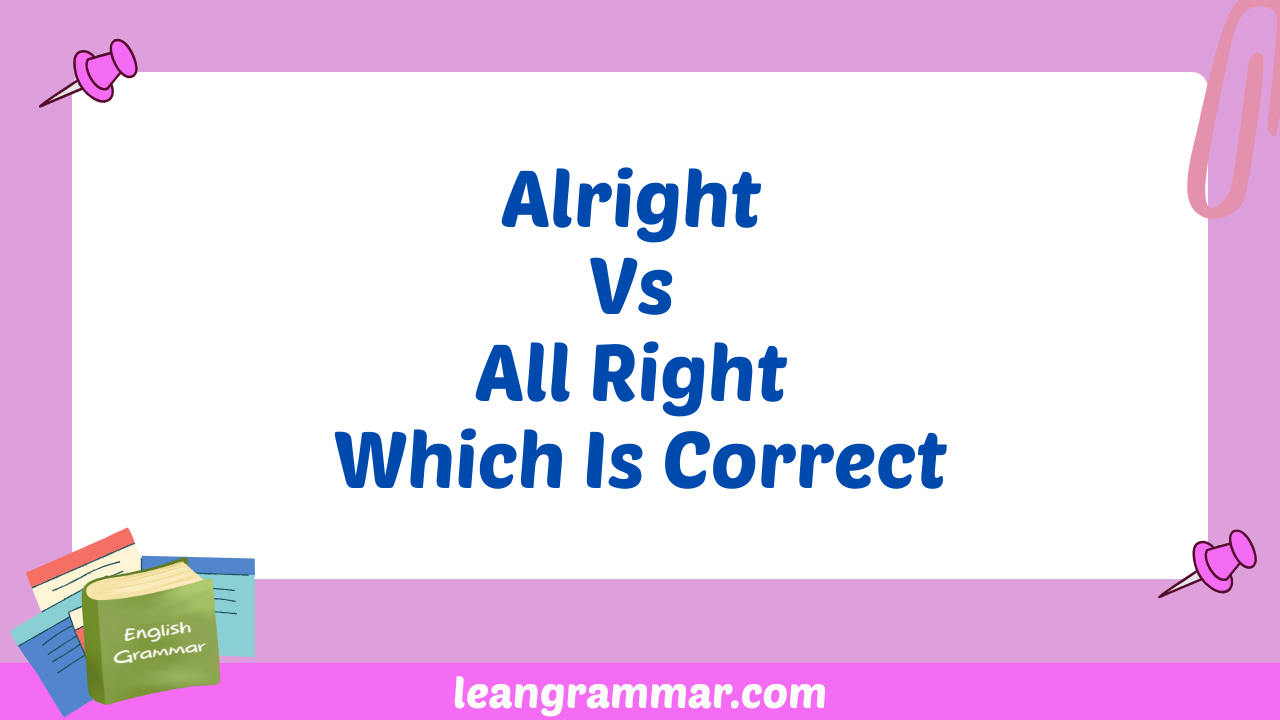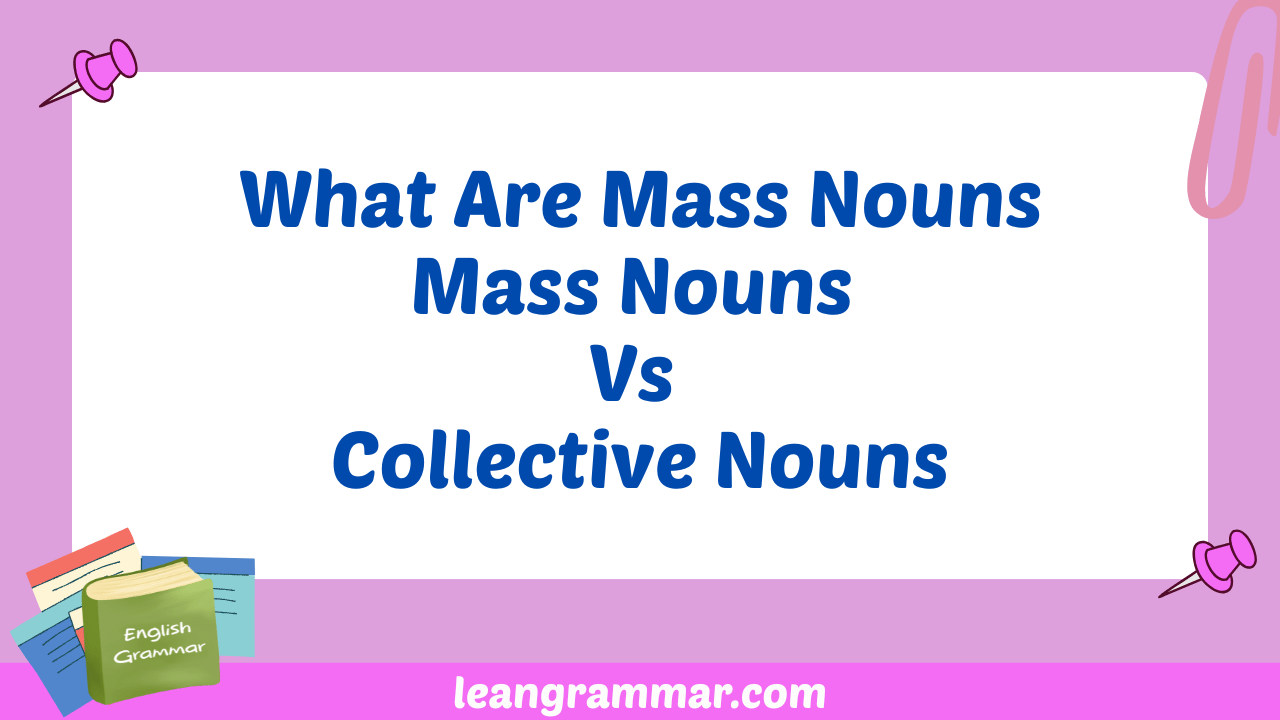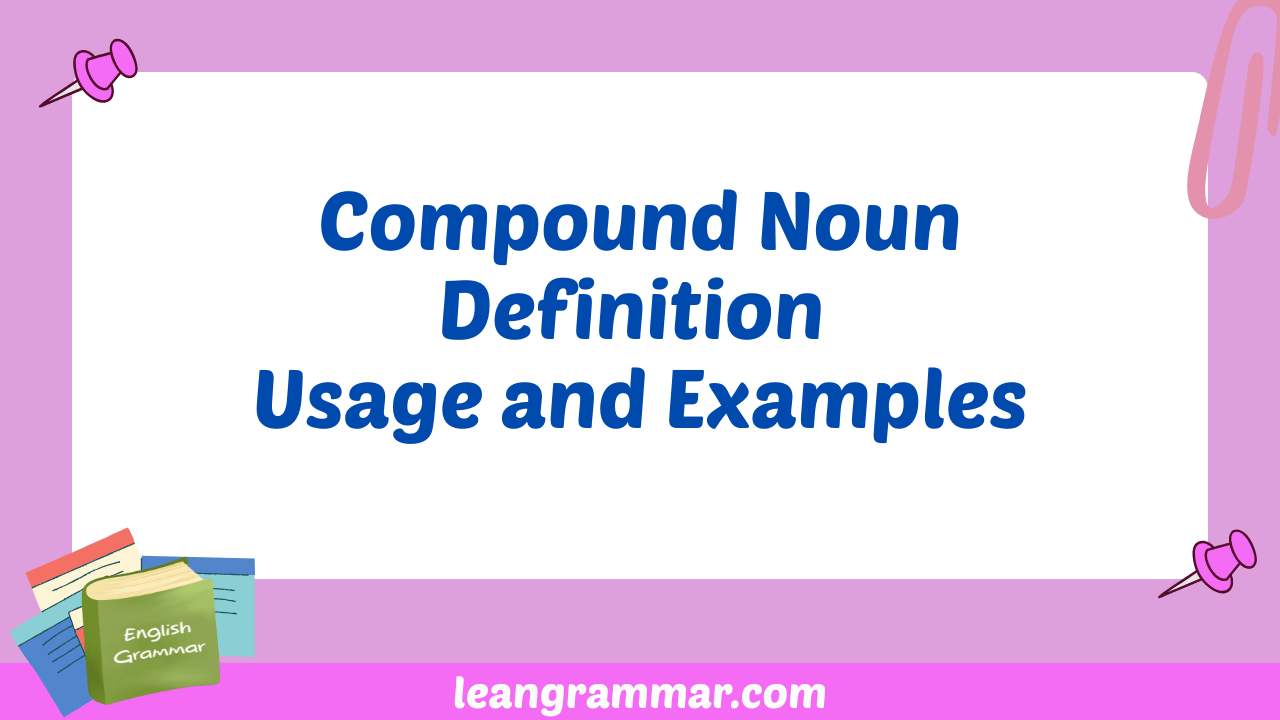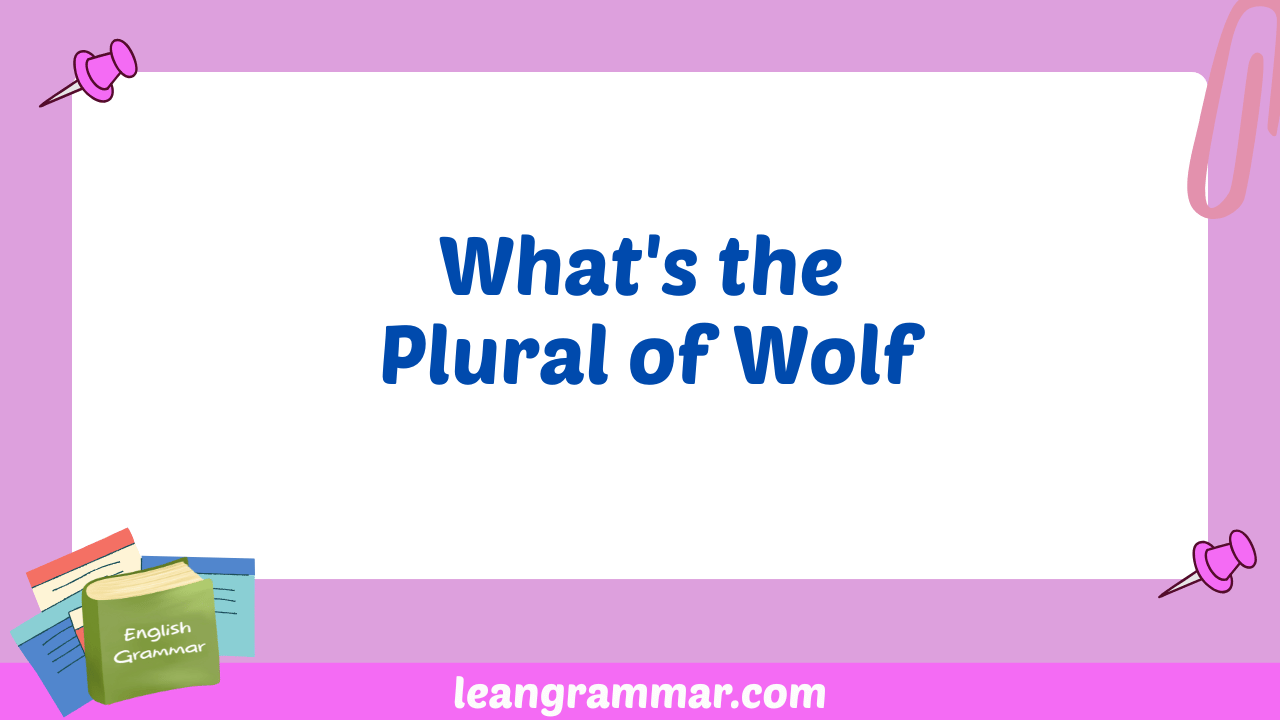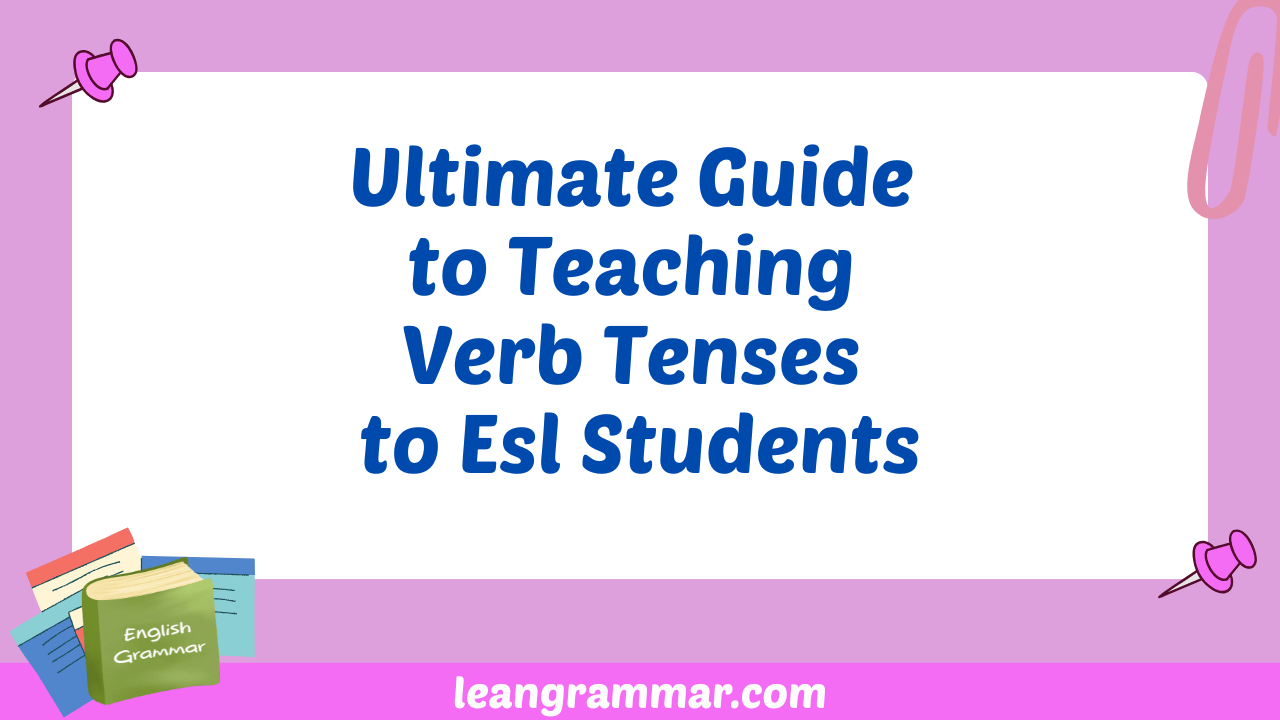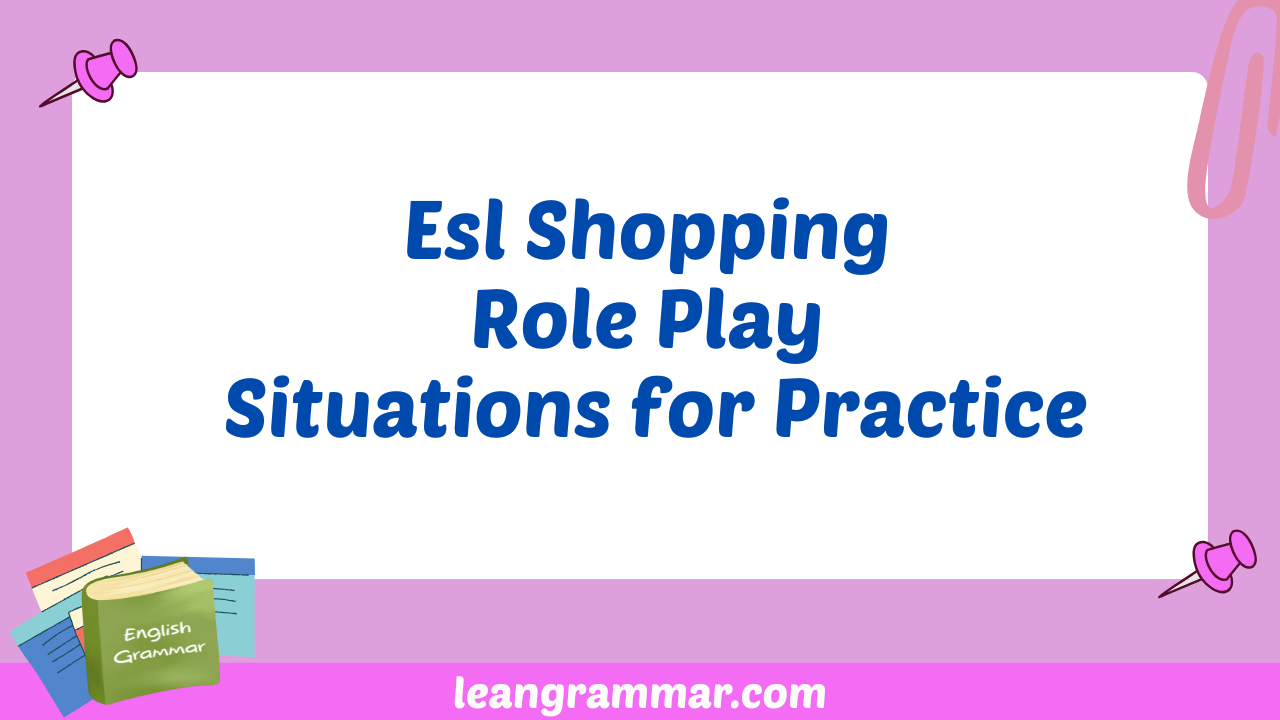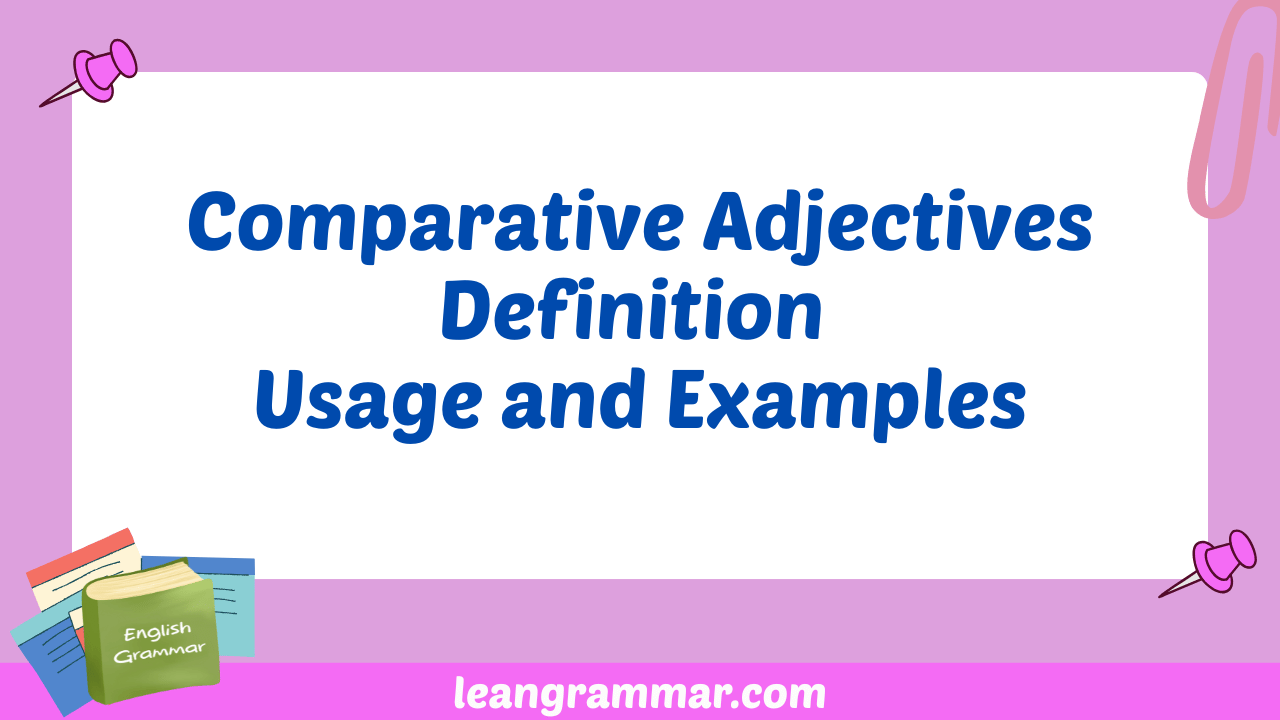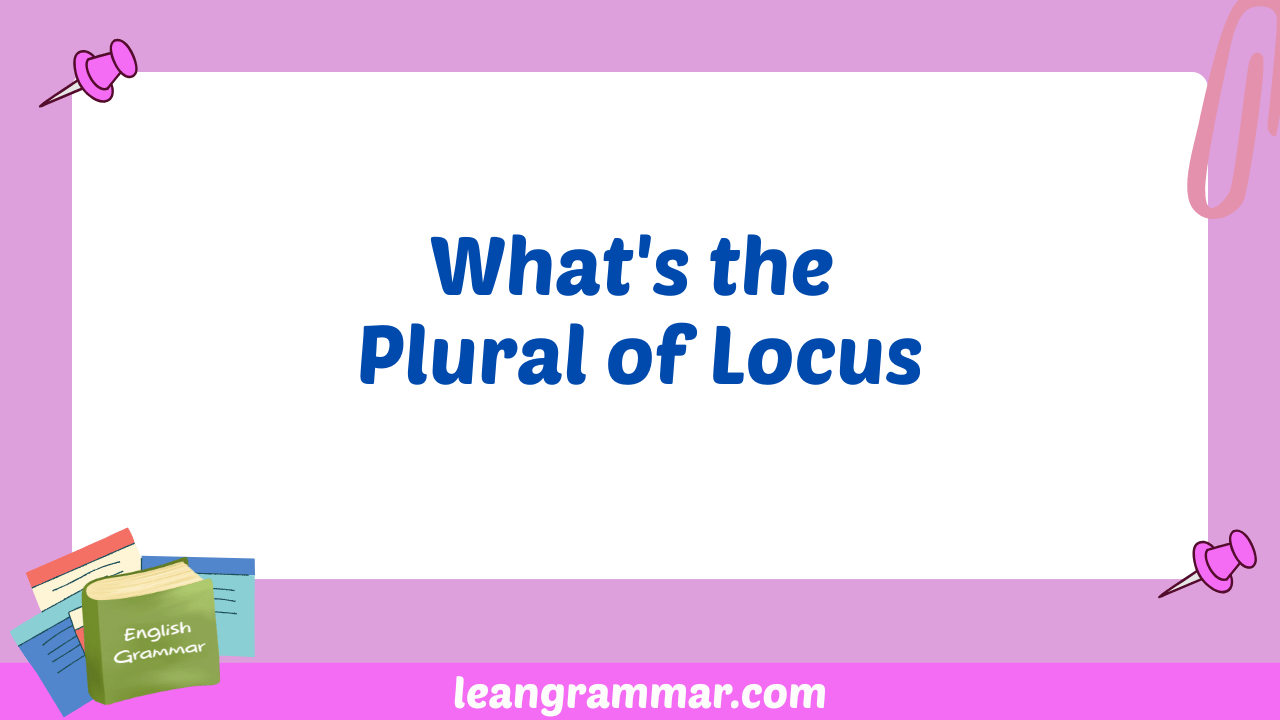Write, Wrote, Written: Mastering the Past Tense of ‘Write’
Understanding the past tense forms of irregular verbs like “write” is crucial for clear and accurate communication in English. The verb “write” is a common and essential part of our daily language, used in countless contexts from casual conversations to formal writing. Mastering its past tense forms—”wrote” and “written”—allows you to express completed actions and … Read more
